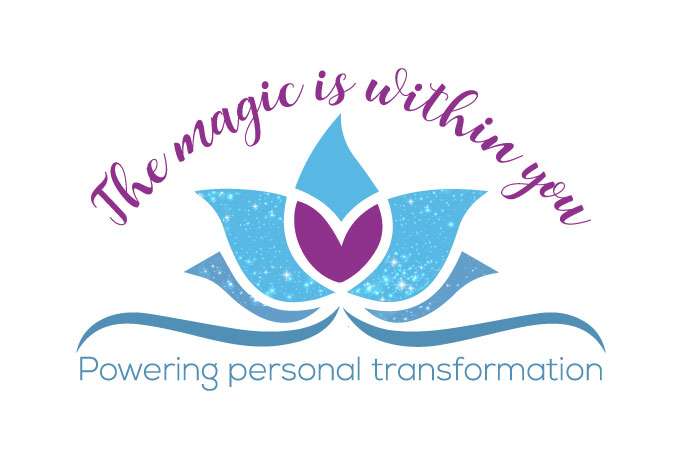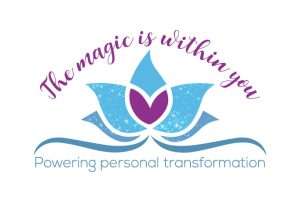November is always a busy month here at Hydro-Ease. And even more so this year as we are a staff member down, the lovely Maela was offered a last-minute University place to study Art Psychotherapy and our new staff member doesn’t start until January 2024; that’s the thing being a business owner, you are always hoping that you have a team who will pull together in times like this.
I am very lucky to have such a team. This enables me to continue running the Trauma Clinics, host film screenings and Q&A inspired debates, and give talks and workshops in the corporate and community space.
It’s funny, in my training I’ve been told, what comes into your room will always resonate with your own personal experience, whether you can make the link or not.
Well, I have been working a lot lately with early life chaos, originating within dysfunctional family units, when we are raised in dysfunctional homes chaos is a normal state. Our body becomes dependent on the consistent release of adrenaline and cortisol. Without the stimulation of chaos, we feel bored, irritable, or numb.
In dysfunctional homes, we witness adults who have extreme emotional reactivity, meaning everything, even “small things” can become crisis situations. Family members bond over the shared drama and distraction that these crisis situations provide.
As children, this will impact the healthy development of our nervous system, putting us into fight, flight, freeze or a dissociated state from a young age. Many people struggle to remember their childhood because of long term dissociation.
As adults, we’re subconsciously attracted to these intense dynamics because we learned this is how adults’ bond. They provide us with a surface level of emotional connection: the only connection we’ve ever known. This creates patterns where we engage in:
- Dysfunctional relationships
- Impulsive behaviours
- Sabotaging behaviours.
We repeat what we are modeled after.
Some signs you’re in long term nervous system dysregulation:
- You feel tired but wired and can’t sleep.
- You don’t feel calm or at ease in stillness.
- Long periods of time tend to disappear (dissociation).
- You feel easily bored and often feel like you need “excitement” or constant stimulation.
- You feel shut off or numb.
As we start to heal, we can have compassion for ourselves. When we’re subconsciously seeking chaotic situations what we’re trying to do is re-create the comfortable dynamic of our childhood.
Our mind and bodies seek the familiar and believe it feels “right”.
The truth is, in these chaotic environments we experienced as children our emotional needs were not being met. We weren’t experiencing a safe, secure, loving connection. Safe connection might feel boring, like it lacks passion, or it might feel scary because we haven’t ever experienced surrendering to true vulnerability. This is why adult children from dysfunctional homes tend to choose emotionally unavailable partners.
As we heal, we can learn to find safety and to appreciate peace and stillness. We can see that healthy adults can regulate their emotions, navigate crises, and can support or help us in meeting our own needs.
And we can learn to appreciate the stability that comes from safe, secure connections.
If you see yourself in these words or think exploring your own early life experiences would support you to heal and grow, why not book a free consultation now and see if my RAFT programme is the answer you are looking for.


